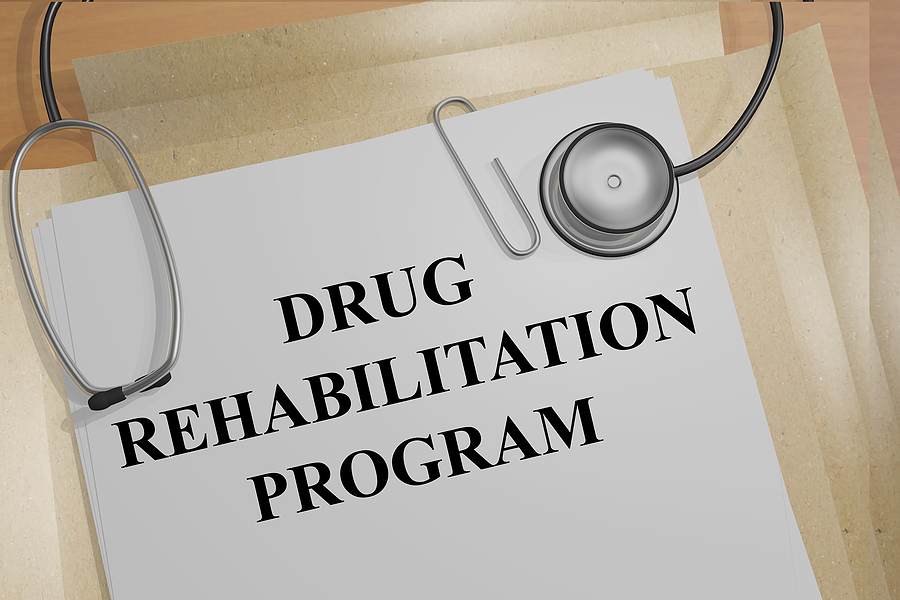Alcohol detox marks the first step toward recovery from alcohol use disorder. This process allows you to safely manage withdrawal symptoms when you stop drinking. Detox alone does not ensure long-term sobriety. Sustained recovery requires a comprehensive treatment plan that addresses the root causes of alcohol dependence and equips you with tools to maintain abstinence.
The Transition from Detox to Structured Treatment
Structured treatment programs provide a safe environment to address the psychological, emotional, and behavioral aspects of alcohol dependence. These programs help you develop strategies for managing triggers and cravings while building a foundation for long-term sobriety.
Choosing the right treatment program matters. You should work with a treatment provider to create a personalized plan that reflects your needs and goals. Program intensity and duration depend on the severity of alcohol dependence and any co-occurring mental health conditions. Some people benefit from inpatient rehab, while others succeed in outpatient programs.
Therapy Options That Support Long-Term Recovery
Several therapy approaches support long-term recovery. Cognitive Behavioral Therapy (CBT) helps you identify negative thought patterns and replace them with healthier alternatives. Dialectical Behavior Therapy (DBT) teaches skills to manage emotions, improve relationships, and tolerate distress without turning to alcohol.
Group therapy provides a sense of community and reduces isolation. Sharing struggles with others who have similar experiences fosters accountability and mutual support. Family therapy can address the impact of alcohol misuse on household dynamics, improve communication, and strengthen relationships. Combining individual, group, and family therapy creates a comprehensive approach to recovery.
How Inpatient and Outpatient Programs Differ
Inpatient and outpatient programs offer different treatment approaches. Inpatient programs provide a structured environment where you reside at the facility for a designated period. These programs suit individuals with severe withdrawal symptoms or those who need intensive support to begin recovery.
Outpatient programs allow you to live at home while attending therapy and support sessions. This approach works for people with milder withdrawal symptoms who have a strong support system and remain committed to sobriety. Selecting the right program requires discussion with a treatment provider who can match care to your circumstances.
The Impact of Counseling on Emotional Stability
Group counseling reduces isolation and offers a supportive network. Sharing experiences and solutions enhances self-awareness and resilience. Counseling equips you with tools to manage stress, recognize triggers, and maintain sobriety. Emotional stability becomes a foundation for long-term recovery.
Preventing Relapse Through Ongoing Support
Relapse prevention requires consistent effort and a strong support system. Attending support groups, such as Alcoholics Anonymous (AA) or SMART Recovery, connects you to peers who understand your journey. Sponsors or mentors provide guidance and accountability. A relapse prevention plan outlines personal triggers, coping strategies, and actions to take if relapse occurs.
Learn More About How to Move Forward After Rehab
Recovery from alcohol dependence is a lifelong process. Support groups and treatment providers can help you as you advance in recovery and guide you on what’s next after alcohol detox. Contact Serenity Treatment Centers of Louisiana at (225) 361-8445 to discuss affordable rehabilitation assistance.










